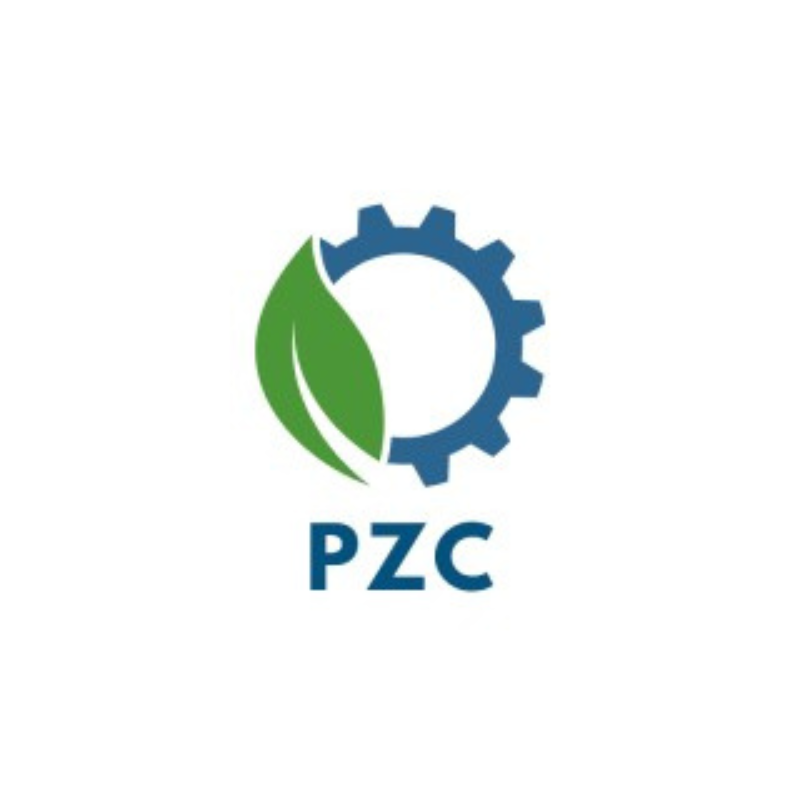Note : Last year we had launched eChai Chapter in Bhutan with awesome entrepreneurs from Bhutan. We had also visited Thimphu Tech Park there - which is is the flagship IT development in the Kingdom of Bhutan. It is the country's first IT Park - promoted by the Department of Information Technology & Telecom, Ministry of Information & Communications, Royal Government of Bhutan, supported by the World Bank and developed jointly by Assetz Property Group of Singapore, a leading development management corporation focused on South Asia, and Druk Holdings & Investments.
This post is written by Tsheing Cigay, Chief Operating Officer, Thimphu TechPark Private Limited. Tshering has a PhD in Computer Engineering from Tokushima University, Japan. And First Class Honours Bachelors Degree in electrical engineering from Wollongong University, Australia. Experience with Bhutan Telecom as Head of Billing & International Affairs. Awarded “International exchange research award” for his PhD, he has published research papers in well-ranked peer-reviewed international journals. He was the Head of Billing & International Affairs at BTL before taking over as the Chief Operating Officer of TTPL in early 2012.
------------------------------------------
Seven Things that Make Bhutan Truly Unique and Special
Bhutan, the birthplace of the principle of Gross National Happiness, is often perceived as one of the happiest places on earth. However, like any other country, Bhutan has its share of problems and challenges. So, Bhutan may not really be the happiest place on earth.
Yet, Bhutan is definitely a country like no other. It has no traffic lights or McDonalds, but make no mistake - Bhutan has fully embraced modernity with almost all modern amenities that make life convenient available in its most major cities and towns. But that is not one of the seven things in my list that make Bhutan unique and special.
The seven things that make Bhutan really unique and especial in my opinion are as follows.
1. The last surviving independent Buddhist Kingdom in the Himalayas
The Himalayas at one point of time had quite a few independent Buddhist Kingdoms from Tibet in the north, Ladakh in the West, and Mustang in the middle to Sikkim and Bhutan in the east. These kingdoms shared the same kind of religion and had cultural similarities, although each also had its distinct traditions and customs. Today, Bhutan is the only independent Buddhist Kingdom in the Himalayas, and is therefore the last bastion of this unique Himalayan Buddhist culture.
Thanks to the importance given by our leaders to the preservation of our culture and traditions, we still have most of them intact today. The fact that Bhutan was never colonized also ensured that the continuity of our cultural heritage was never broken or disturbed from the past till today. So, Bhutanese have great pride in their culture and identity.
2. Deeply spiritual but in an unintrusive way
Bhutan is a deeply spiritual country with temples, monasteries, chortens and prayer flags everywhere. You see people circumabulating the Chortens or temples. Yet, this deeply pervading spirituality has an unintrusive character as the focus of spirituality in Buddhism is on taming one’s own mind rather than believing that this is the only right religion and others should convert to it. So everyone feels welcome and become self-reflective on their own spirituality when they are here. There simply is no need to fear that someone may judge his or her beliefs and try to convert him or her.
As one of the most respected reincarnate Lamas from Bhutan, Dzongsar Jamyang Khyentse Rinpoche says, there may be many places in the world that are more beautiful than Bhutan, but what makes Bhutan really special is this pervading but unintrusive spirituality that you can feel here.
3. Land of one of the most flexible and tolerant people
I do not want to sound like blowing one’s own trumpet, but many visitors to Bhutan are impressed by the open and friendly nature of the Bhutanese people. Bhutanese are generally very flexible and tolerant people. After living overseas, I have been surprised to observe Bhutanese’s nonchalant attitude towards some issues on which others would fervently debate and pass judgment. For instance, Bhutanese do not make much fuss over issues of sexuality, divorce or relationships with the opposite sex before marriage. Recently, there were cases of gay and lesbian people coming on national television and talking about their sexual orientation. Nobody seemed to be bothered much about it or pass a moral judgment. I think it is this kind of moral flexibility and tolerance that make Bhutanese generally a happy and accommodating lot.
This attitude may have to do with our Buddhist conditioning. While theistic religions enforces external moral rules supposedly passed down by God, the Buddhist view is that there are no moral absolutes.
"There are no moral absolutes in Buddhism and it is recognized that ethical decision-making involves a complex nexus of causes and conditions. …..When making moral choices, individuals are advised to examine their motivation--whether aversion, attachment, ignorance, wisdom, or compassion--and to weigh the consequences of their actions in light of the Buddha's teachings”, says Karma Lekshe Tsomo, a Buddhist nun and professor of Buddhist philosophy at the University of San Diego.
4. A land of rich natural bio-diversity and pristine environment
The Bhutanese have always had a deep respect for its natural environment and have lived in harmony with nature for centuries. This is reflected in our architecture, way of life and our policies. Today, Bhutan boasts of a rich biodiversity and pristine environment with some of the last remaining unclimbed mountain peaks in the world. Even when the planned modern economic development started in the early sixties, our Kings have been wise and far-sighted enough not to trade our pristine natural environment for short term economic gains. Hence, today, we have more than 70 percent of our land under forest cover and 26 percent under protected areas. As our Prime Minister has claimed in his now famous Ted Talk, we are not only carbon neutral, but the only carbon negative country in the world. On top of this, our constitution requires that a minimum of 60 percent of Bhutan's total land should be maintained as forest for all times.
5. A place where people hesitate even to kill mosquitoes and cockroaches
Bhutan may be the only country where most people would hesitate or refrain from killing even mosquitoes and cockroaches. Normally, Bhutanese people would normally take pains to catch the cockroaches and houseflies and safely throw away outside rather than crush them and kill them.
This is because of Buddhists’ aversion towards killing or taking life. All lives are valued in Bhutanese belief, even that of an insect like mosquito or cockroach. Says Dzongsar Khyentse Rinpoche, "..even today in the modern day Bhutan, I am sure, before one of the modern Bhutanese and he maybe not even a, you know, sort of a proper Buddhist practicing Buddhist but before he kills a cockroach in his fridge, he thinks twice, right? .. And that is such a unique thing that we in Bhutan have and this is something we have to really cultivate".
6. Blessed with benevolent monarchs
With the first King of Bhutan enthroned unanimously by the people of Bhutan in 1907, Bhutan was a late entrant among countries that adopted monarchy. However, Bhutan definitely gained a lot from the monarchical system as it was blessed with benevolent monarchs who worked tirelessly for the welfare of their people. Bhutanese monarchs have provided exemplary leadership and have transformed the country into a modern progressive nation in a matter of just about 100 years. Their praises are sung not just by Bhutanese, but by the world at large because their accomplishments are big though our country is small. The present King of Bhutan, His Majesty the Fifth Druk Gyalpo, is popularly known as the People’s King because of his deep love and concern for the welfare of his people. The people of Bhutan have been blessed to have such great leaders.
7. Free healthcare and education
In Bhutan, the Government provides free healthcare and education. The healthcare is totally free within the country. Even for referrals outside, the Government bears the cost of travel as well as treatment if the treatment is not available within the country. This is as good as saying that all Bhutanese have comprehensive health insurance by default. Education is free for all students up to Class X. Beyond class X too, education is free in Government high schools and colleges if the students are able to score more than the required cut-off marks in their Class X or Class XII examinations.
To conclude, I feel that we, the Bhutanese, should deeply value the abovementioned seven things and not lose them in order for us to remain a unique, special and happy country in this turbulent world.
This post was earlier published here.
Also this is one of the most inspiring TED Talk of Bhutan PM - Tshering Tobgay during the recent TED Global event in Vancouver.
https://www.youtube.com/watch?v=7Lc_dlVrg5M
Deep in the Himalayas, on the border between China and India, lies the Kingdom of Bhutan, which has pledged to remain carbon neutral for all time. In this illuminating talk, Bhutan's Prime Minister Tshering Tobgay shares his country's mission to put happiness before economic growth and set a world standard for environmental preservation.















































